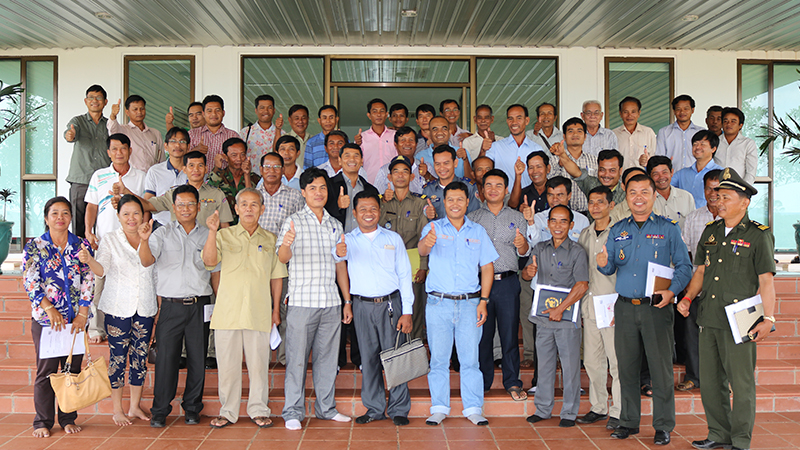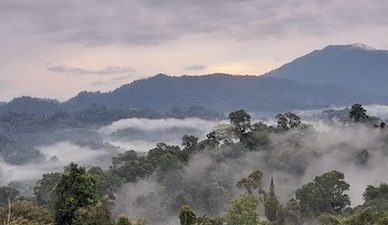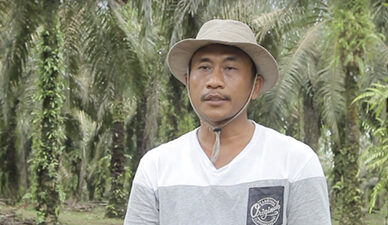Mong Reththy Investment Cambodia Oil Palm Company

Putting in the groundwork
Within Preah Sihanouk province in Cambodia, sustainable palm production isn’t common. As an RSPO Certified palm oil producer, we have committed to change this. We have already used our strong relationships with stakeholders in the value chain to enhance and promote livelihoods in the local communities. We have provided secure, consistent incomes and put in place better infrastructure. At the same time, we have protected the rights and welfare of workers as they have driven our growth. And we have facilitated public awareness about the protection and conservation of the environment and biodiversity within the region.
Recently our focus shifted to addressing the environmental challenges we faced in enabling sustainable palm oil production. The majority of soil in the region doesn’t have the fertility to support an adequate yield of sustainable palm oil. Plus it has four to five consecutive moisture deficits. The province only gets the right level of rainfall for three months of the year: it is too wet for six months and too dry for a further three. So, together, these factors mean yields are inconsistent and the oil extracted rate fluctuates significantly.
Standards and specialists
We began tackling these challenges by drawing on a diverse range of specialist advice and expertise around good palm oil practice. We sent key executives to gain in-depth understanding of the techniques, processes and cultural practices behind successful oil palm plantations and mills. And we exported the knowledge embedded in RSPO Standard requirements around the management of soil fertility, water and fuel consumption, amongst other elements.
In essence, RSPO’s P&C standards and other guidelines for sustainable development were the frameworks shaping and steering our programme of work. They ensured the environment we were creating for sustainable palm oil production was best-in-class.
Sustainable from the ground up
Armed with this new expertise, all the key indicators that the ground would support sustainable palm oil production began to turn positive. The FFB yields improved and we were able to effectively protect soil erosion and run off. What’s more, we were able to improve the microclimate during the draught season.
Importantly, the knowledge we gained was disseminated throughout the organisation. So expertise wasn’t just absorbed at an executive level; field personnel became aware of the effective application of pesticides and yields increased as a result. In all, the knowledge we gained from RSPO Standards and guidelines laid the foundation for successful sustainable palm oil production within the region.







